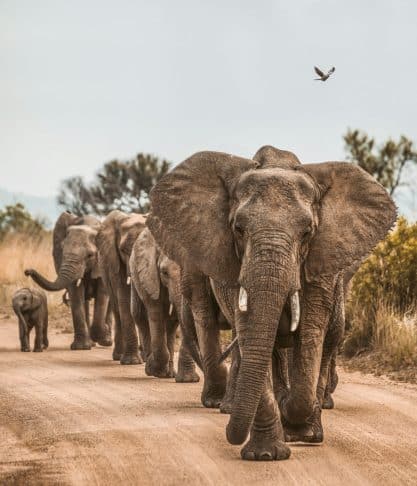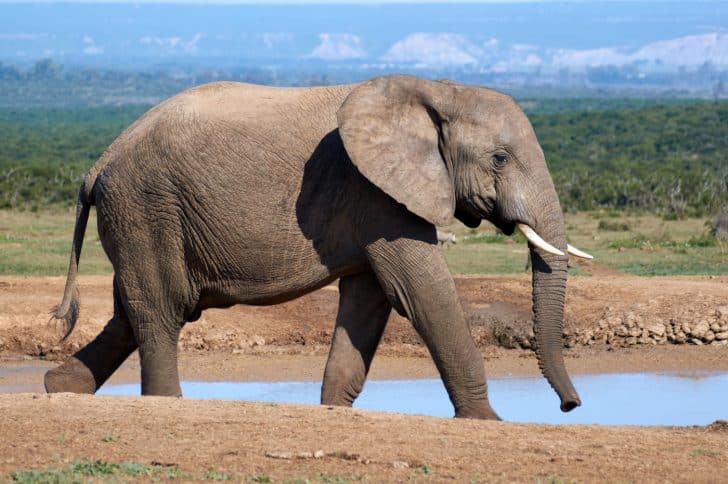Expressing his earnestness, President Masisi views this offer not only as a diplomatic gesture but also as a firm stance against proposed stricter trophy import regulations that he believes would detrimentally impact Botswana’s economy and conservation efforts.
In an interview with the German newspaper Bild, President Masisi reiterated his commitment to the proposal, emphasizing that he expects Germany to accept it without reservation.

His statement underscores the seriousness with which he regards this unconventional solution to the ongoing political dispute. Furthermore, he urged Germans to embrace the idea of coexisting with the elephants, suggesting that they live together with the animals in a manner consistent with the conservation ethos they advocate for.
President Masisi’s rationale for the proposal stems from his belief that Botswana’s elephant population has surged in recent years due to successful conservation measures implemented by the country. He argues that these efforts have led to an overabundance of elephants, necessitating proactive management strategies.

In his view, controlled hunting serves as a vital tool for managing wildlife populations and maintaining ecological balance—a perspective that contrasts sharply with the proposed restrictions on trophy imports.The proposal to relocate thousands of elephants to Germany is not without its complexities and challenges.
It raises questions about logistics, animal welfare, and the feasibility of such a massive undertaking. Additionally, it underscores the broader tensions surrounding conservation practices, trophy hunting, and international wildlife trade regulations.

President Masisi’s bold proposal highlights the intricate interplay between conservation, economics, and diplomacy. By presenting Germany with this unexpected offer, he seeks to underscore the importance of dialogue and cooperation in addressing complex environmental and political issues.
Whether or not Germany accepts the proposal, it has sparked a conversation about the shared responsibility of nations in managing wildlife populations and preserving biodiversity in an increasingly interconnected world.

